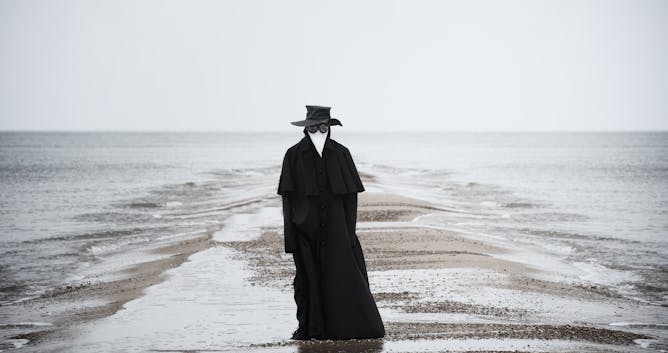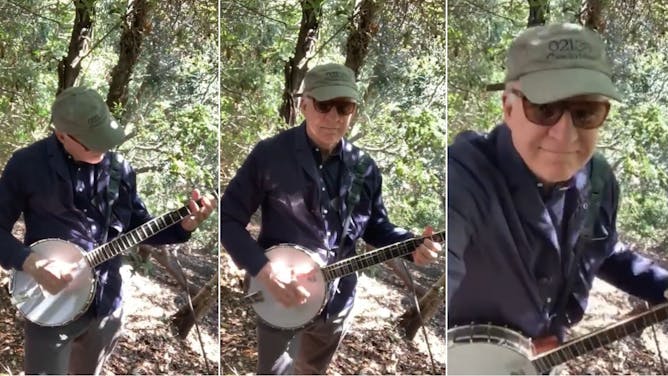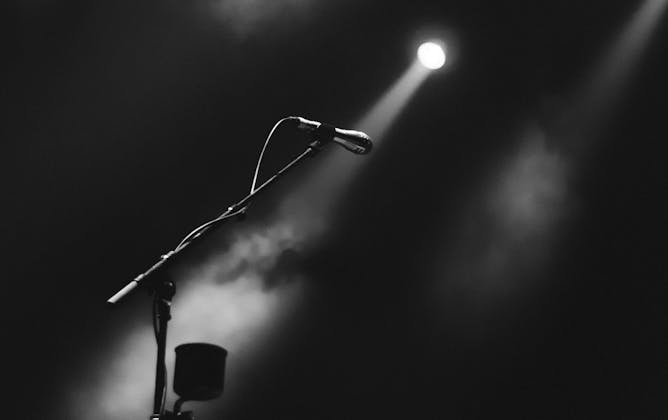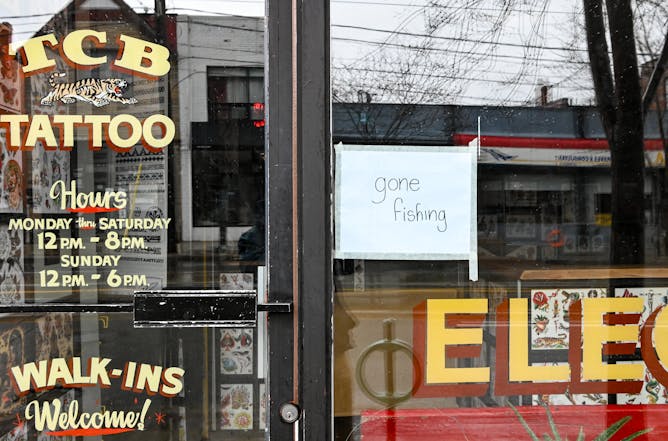|
Recently, I’ve been hearing late-night talk show hosts, co-workers and other journalists talk about how the coronavirus discriminates against no one. At least, these folks say, COVID-19 has brought out our community spirit.
I find myself shaking my head. As the critical race editor at The Conversation Canada, I’m often the sister killjoy in the room.
The unity is true in some places: people dance on their balconies in unison, students buy groceries for elderly neighbours and residents bang pots together at 7 p.m. to show support for health-care workers. But has the virus actually erased any inequities or has it highlighted them?
Asian Americans reported more than 650 incidents of discrimination last week. In Canada, what started off as racist tweets against Asians in January has turned into violence with a recent stabbing in Montréal.
Today in The Conversation Canada, Paula Larssen, a Canadian at the University of Oxford, unpacks the long history of racism against Asian communities in North America. “History tells us this is not the first time that fear of disease has led to outbreaks of anti-Asian racism,” she writes. “Underlying prejudice against Asian communities has been a staple feature … of North American society since the 19th century.”
Also today:
Stay up-to-date with coverage of coronavirus across The Conversation network with our latest weekly update.
All the best.
|

A building damaged during anti-Asian riots in Vancouver in 1907.
(UBC Archives, JCPC_ 36_017)
Paula Larsson, University of Oxford
Fear of COVID-19 has sparked some to react with violent racism towards Asian Americans and Canadians. This is not the first time fear of disease has led to outbreaks of violent anti-Asian racism.
|

The Black Death inspired medieval writers to document their era of plague. Their anxieties and fears are starkly reminiscent of our own even if their solutions differ.
(Shutterstock)
Kriston R. Rennie, The University of Queensland
During the Black Death of the 1300s, medieval writers struggled to make sense of the disease just as we are now during the COVID-19 pandemic
|

Two Steve Martin banjo video tweets have been viewed more than 10 million times since March 21, 2020. Here, stills from the ‘Banjo Calm’ video.
(@SteveMartinToGo/Twitter)
Roberta Lamb, Queen's University, Ontario; Robbie MacKay, Queen's University, Ontario
Through social media experiences, both professional and amateur musicians-in-isolation offer community expressions of human spirit, and audiences appreciate their gifts.
|

Until entertainment industries can turn the lights back on, companies should follow strict crisis response strategies.
(Oscar Keys/Unsplash)
Chris Gibbs, Ryerson University; Louis-Etienne Dubois, Ryerson University
Companies ought to take this time to take stock of and imagine different possible scenarios and to collaborate with their key people.
|

A tattoo parlour in Toronto remains closed during the COVID-19 pandemic.
(michael_swan/flickr)
Brent McKnight, McMaster University; Martina Linnenluecke, Macquarie University
Businesses are struggling in these difficult times — but there is a shimmer of hope in the incredible creativity, ingenuity and resilience that we see from around the globe.
|

La recherche très médiatisée sur l'efficacité de l'hydroxychloroquine pour traiter les complications liées au Covid-19 suscite de nombreux doutes.
Shutterstock
Arsène Zongo, Université Laval
La recherche très médiatisée sur l'efficacité de l'hydroxychloroquine pour traiter les complications liées au Covid-19 suscite des doutes, dont chez ce chercheur.
|
Arts
|
-
Adam Behr, Newcastle University
Davis's 1970 album Bitches Brew turned jazz on its head and paved the way for fusion. More recently, Radiohead cited it as a key influence.
|
|
Environment + Energy
|
-
Andréa Thiebault, Nelson Mandela University; Isabelle Charrier, Université Paris-Saclay; Pierre Pistorius, Nelson Mandela University; Thierry Aubin, Centre national de la recherche scientifique (CNRS)
This study provides the first evidence that penguins emit sounds underwater when they hunt.
|
|
Health
|
-
Mike Trott, Anglia Ruskin University; Lee Smith, Anglia Ruskin University
Exercise addiction describes an obsessive or compulsive need to exercise – even when you're injured.
|
|